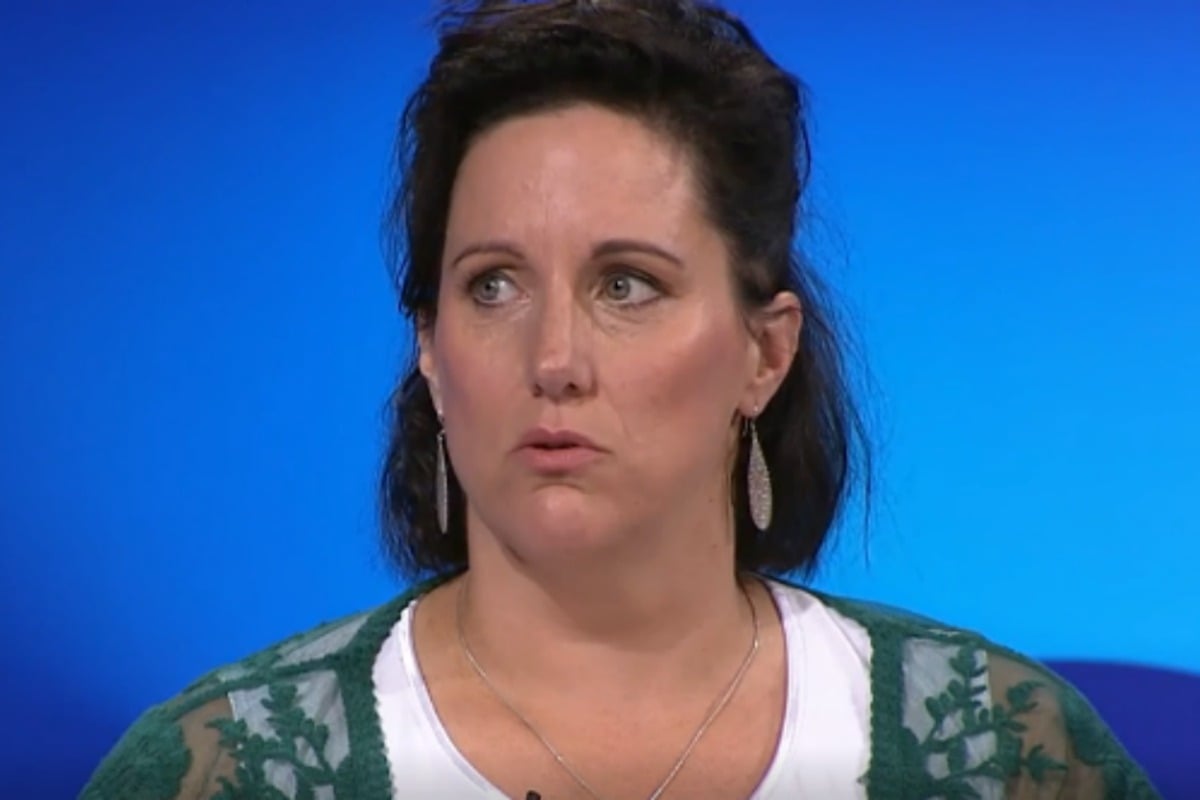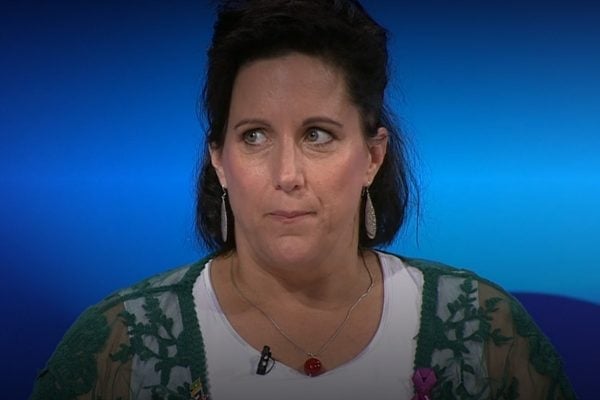
In the 1980s, the HIV and AIDS epidemic raged through the world.
With no known treatment available, thousands of people were killed worldwide – often just weeks or months after they were diagnosed, if they even managed to get a diagnosis.
Now, three decades on from the epidemic that rocked the world, more than half of the global population living with HIV are receiving antiretroviral treatment.
But while treatment options for HIV continue to improve and evolve each and every year, the fear, stigma and ignorance surrounding the virus hasn’t gone away.
Sarah* shares her journey with HIV on SBS Insight. Post continues below…
On last night’s episode of SBS Insight, a number of Australians living with HIV came forward to share their harrowing stories of dealing with prejudice and ostracism.
One woman, who chose to remain anonymous on the program, described how she was routinely shut out by her family after sharing her HIV diagnosis.
“My brother, he had a partner. As soon as she heard what I had, I had a plate, fork, knife, spoon, cup all outside with the cats,” she said.

